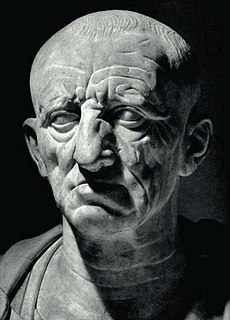A Quote by Aldous Huxley
At their first appearance innovators have always been derided as fools and mad men.
Quote Topics
Related Quotes
This is a gathering of Lovers.
In this gathering
there is no high, no low,
no smart, no ignorant,
no special assembly,
no grand discourse,
no proper schooling required.
There is no master,
no disciple.
This gathering is more like a drunken party,
full of tricksters, fools,
mad men and mad women.
This is a gathering of Lovers.
Every step in human progress, from the first feeble stirrings in the abyss of time, has been opposed by the great majority of men. Every valuable thing that has been added to the store of man's possessions has been derided by them when it was new, and destroyed by them when they had the power. They have fought every new truth ever heard of, and they have killed every truth-seeker who got into their hands.
...Good leaders wait to be called and they give up their power when they are no longer needed. Selfish men and fools put themselves first and keep their power until someone throws them out. It is no good to have a way where selfish men and fools fight with each other to be leaders, while the good ones watch.
Saints rarely have friends; they are usually hated and derided, for they love and love is always rejected by hard-hearted men....saints do not advertise themselves; good men do not seek out a name in the world....the saints did what they did almost in stealth, asking nothing except that men love God.
For men to focus on controlling women's reproduction to solve a society's problems seems nothing short of mad or, at best, superstitious. But men's superstition or insanity has real and dire consequences for the women who are its object. And states, too, home in on women's bodies, perhaps to create the illusion that men are in control of uncontrollable forces. Indeed, almost all governments try to control women's bodies and regulate their appearance in some way.




































